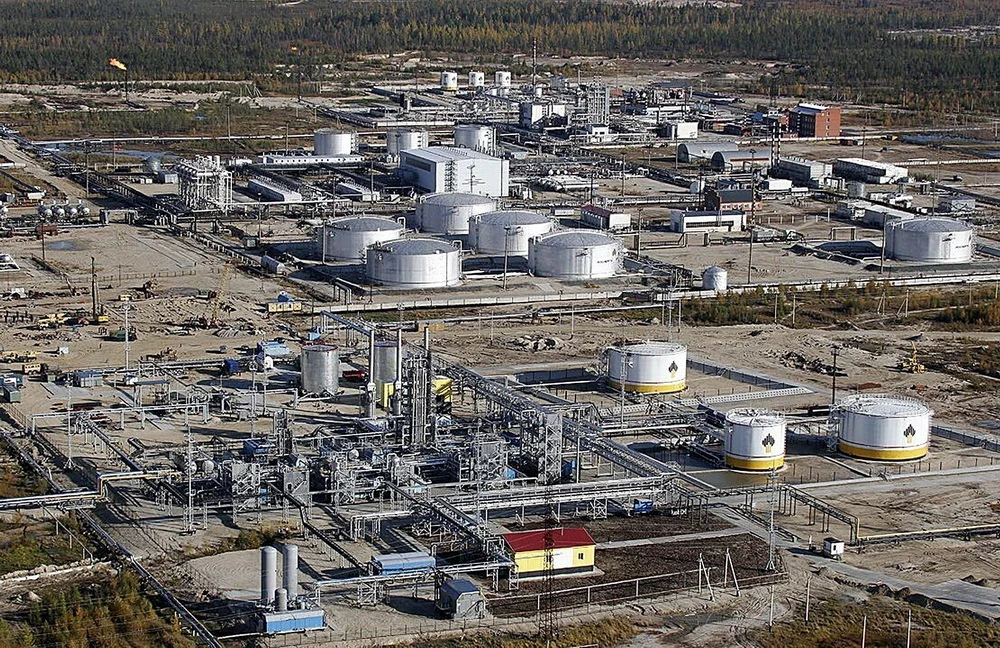The sanctions package focuses on imposing bans on the import of diamonds originating from Russia, as well as imposing additional import and export bans on Russian goods.

The European Commission (EC) announced on December 18 that the European Council has approved the 12th package of sanctions against Russia, after Austria approved the package last weekend.
The European Union (EU) sanctions package focuses on imposing bans on the import of diamonds of Russian origin, as well as imposing additional import and export bans on Russian goods, preventing sanctions circumvention and "closing loopholes" in sanctions.
According to the EC, the ban on direct purchases of non-industrial diamonds from Russia will come into effect from January 1, 2024, followed by a phased ban on indirect imports from September 1, 2024.
The diamond ban will be implemented in coordination with countries in the Group of Seven (G7), which announced a similar ban earlier this month.
In addition, according to the EC's statement, the above sanctions package also added 140 individuals and entities to the asset freeze list.
The same day, the Russian Foreign Ministry announced appropriate response measures to the 12th package of EU sanctions.
Meanwhile, on December 18, the Bulgarian Parliament passed a ban on the export of Russian petroleum products from January 1, 2024, early suspending the exemption from the EU's ban on importing Russian oil by sea.
Earlier, European media reported that Bulgaria had allowed millions of barrels of Russian oil to reach a refinery owned by Lukoil (Russia) on Bulgarian territory. The oil products were then exported by this plant abroad, including many EU countries.
Since last year, the EU has imposed a bloc-wide ban on imports of Russian crude oil by sea, but exempted some countries, including Bulgaria.
The Bulgarian parliament has agreed to end the exemption from March 2024, instead of the previously set deadline of October 31, 2024. However, the Bulgarian parliament must also approve the abolition of the trade tax on Russian gas transiting through the country.
Hungary had previously issued an ultimatum to Bulgaria on the issue and threatened to veto Sofia's entry into the Schengen visa-free travel zone.
According to VNA